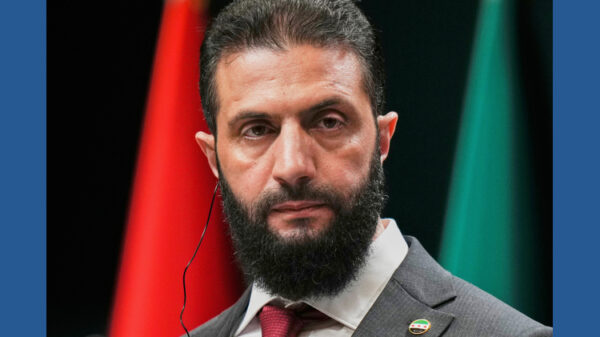As financial pressures mount, individuals often seek complex solutions, such as new budgeting apps or spreadsheets, to manage their financial stress. However, according to financial expert Patti Cotton, meaningful conversations are the key to achieving clarity and reducing anxiety about money. By engaging in consistent discussions focused on core financial principles, individuals can restore energy and align their financial strategies with their values.
These essential conversations can be integrated into a weekly routine, each lasting around 10 to 15 minutes. Over five weeks, participants can address critical financial topics that often go unspoken. After completing the cycle, revisiting these discussions can lead to more productive outcomes and greater ease.
Ground Rules for Effective Conversations
Navigating financial discussions requires a delicate approach. To foster a supportive environment, participants should agree upon three fundamental ground rules:
1. **Curiosity Over Blame**: Shift the focus from finger-pointing to collaborative problem-solving. Emphasize learning by asking, “What can we learn from this situation?”
2. **Progress Over Perfection**: Acknowledge that behavioral changes take time. Aim for a consistent weekly improvement of just 1%.
3. **Respectful Language**: Utilize the Behavior–Impact–Suggestion (BIS) framework. For example, instead of saying, “You always overspend,” rephrase it to, “When dining out exceeds our plan, I worry about next month; could we set a cap?”
Setting a predictable schedule for these conversations, choosing a quiet space, and preparing a one-page financial snapshot can enhance the effectiveness of each discussion.
Five Conversations to Transform Your Financial Approach
**Conversation 1: With Yourself**
Begin by examining your values and non-negotiables. Understanding what truly matters will simplify financial decisions. Reflect on questions such as, “What matters most to me right now?” Document a purpose statement, like “I value health, connection, and options.” Identify non-negotiables, such as saving a specific percentage of income or establishing boundaries around work hours.
To initiate change, choose one 1% micro-move for the next 90 days. This could involve silencing alerts after a certain hour or automating a small transfer on payday.
**Conversation 2: With a Partner**
Money disagreements often stem from unclear roles and expectations. Clearly define responsibilities regarding financial tasks and establish thresholds for discussions about spending. Consider scheduling a weekly 20-minute “money date” and a quarterly review to adjust financial strategies.
Utilize BIS language to transform potentially confrontational statements into constructive dialogues. For instance, instead of “You never pay the bills,” opt for, “When I handle the bills alone, I feel overwhelmed; can we alternate this responsibility?”
**Conversation 3: With Parents or Adult Children**
Discussing financial matters with family members can be an act of care. Focus on essential documents, such as wills and healthcare directives, and ensure you know where they are stored. Address access to critical information, like passwords and key contacts, to prevent future crises.
Start with compassionate openers, such as, “I want to honor your wishes in case of an emergency. Could we create a simple contacts list together?”
**Conversation 4: With Your Financial Professionals**
Regular check-ins with financial professionals can significantly reduce stress. Prepare concise questions for your CPA, financial planner, and attorney to ensure they understand your goals. Ask about actionable steps to enhance your financial standing, such as tax strategies or updates on legal documents.
**Conversation 5: With Your Future Self**
Envision your ideal life a year from now. Write a brief letter from your future self detailing your aspirations, lifestyle, and relationships. From this vision, identify necessary shifts in money habits. Focus on one significant goal for the next 90 days, such as paying off high-interest debt or saving for a family trip.
The Impact of Meaningful Conversations
These five conversations foster a rhythm that clarifies desires and facilitates commitments to achieve financial goals. By concentrating on small, manageable steps, individuals can enhance their financial well-being while spending less time reacting to stressors.
Engaging in these discussions is not about doing more; it’s about doing the right things consistently. With just 10 to 15 minutes each week, individuals can transform their financial lives, making decisions that align with their values.
With the right approach, anyone can navigate the complexities of personal finance with greater confidence and calm.





































































